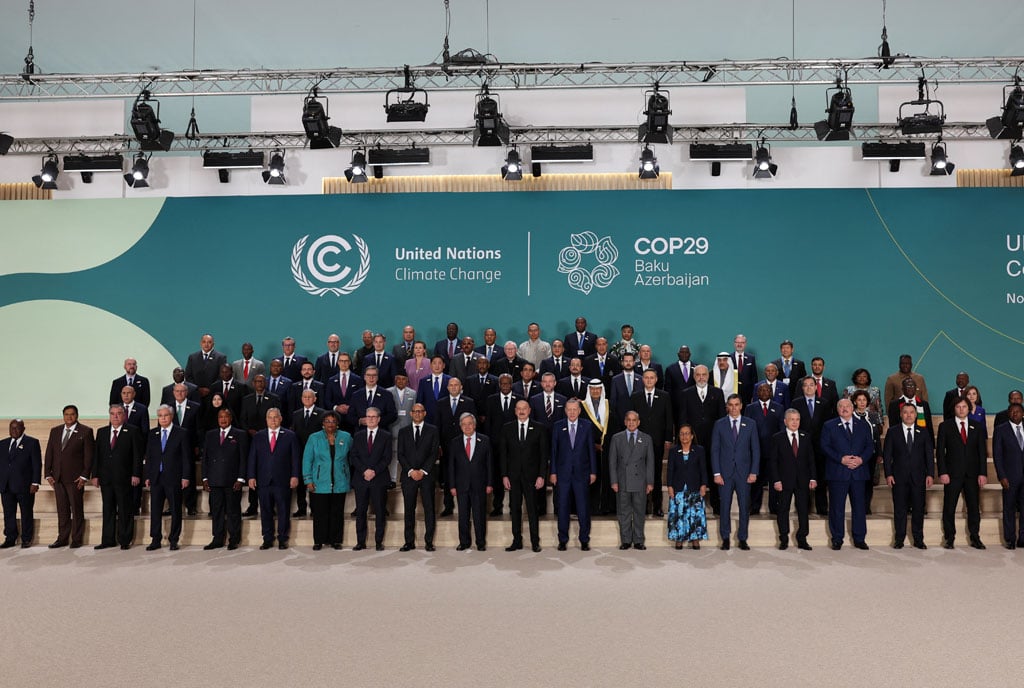Prime
International Youth Fellowship: Is it a cult or form of religion?

We have read a number of times in the press that a team of experts from South Korea are introducing mind-education to include the soul into the Ugandan syllabus and curriculum for schools and universities. This project is led by Pastor OckSoo Park, founder of the International Youth Fellowship (IYF).
A plan to adopt this mind-set based curriculum into our educational system has gone far.
A Memorandum of Understanding (MoU) has been signed between the pastor, the President of IYF on one hand and the Ministry of Education on the other. The Sunday Monitor of July 30, 2017 stated that “the Uganda Media Centre quoted the President to have “agreed that the mindset programme proposed by GNM will help youth realise their potential”. Information available on the Net states that “the International Youth Fellowship is a cult established by Ock Soo Park. Related organisations include Good News Mission (Gu-Won-Pa), and Mahanaim Bible College. These organisations have the same teachings and the same leadership. The Good News Mission (GNM) claims to be a church. However, it is not a church in the Biblical sense of the term because GNM is a hierarchical structure whose apex is Mr Ock Soo Park in Seoul, South Korea, whereas Biblical churches are autonomous local units having plural, single tier leadership”. It is stated that “IYF, a sister organisation of GNM does not claim to be a church - it is an NGO. And the IYF and GNM are a dangerous cult”.
The mind is that part of the body that thinks, knows, remembers and feels things.
There are many apocalyptic Christian churches (cults) in South Korea. We have had, among others, Shinchonji founded by Lee Man-hee, which preaches that end of time is near; the Church of God founded by Ahn Sahng-hong, who believe in God the Father and God the Mother; the Moon and Unification Church started by Sun Myung Moon famous for their ‘blessing and mass wedding’.
This curriculum is geared towards changing the ‘attitudes of teachers and students’ to have ‘a nation with happy individuals who contribute to mankind’. In South Korea, there are no religions in schools – it is a voluntary practice and students can worship or pray anytime if they like on their own.
Organising religious activities and prayer directly goes against the constitution when implemented in a public school setting. In Uganda, there is freedom of worship, why is government involved in this cult, signing MoU?
These are not investors. We sometimes live and behave as if we do not live in Uganda.
Where are the jobs? University graduates are boda bada riders. People have been lured with money to sell land and many of them have wakened landless. The land will belong to the haves and investors. There are large families with quarter of acres of land. We watch always on TV policemen hunting the jobless who are responsible for crimes in Kampala. People can neither get jobs nor farm! What miracle will mindset create? Let us address real issues.
In South Korea, a system of philosophical and ethical-sociopolitical teachings, sometimes are described as religion.
It is a way of life taught by Confucius in 551-479 BC in China. It has deeply influenced spiritual and political life in China, Korea, Japan and Vietnam. The adherents of this teaching believe in ‘humaneness’ to one’s true nature. This is what we see in South Korea.
Mindset has something to do with faith.
Christian civilisation is what Ugandans have chosen; they make 85 per cent of the population. Politics is about numbers. If only Christianity could be taught properly in schools, you would not need to teach Confucianism or its equivalent.
Peter Hitchen, a renowned atheist while reflecting on the importance of religion said, “you can arrive at some moral principles, such as the Golden rule, or doing to others what you would like done to you, but Christianity goes a lot further. Christianity requires much more, and above all does not expect to see charity returned. To love your neighbour as yourself is a far greater and more complicated obligation, requiring a positive effort to seek the good of others, often in secret, sometimes at great cost and always without reward”.
Dr Okoth is a concerned citizen
[email protected]




